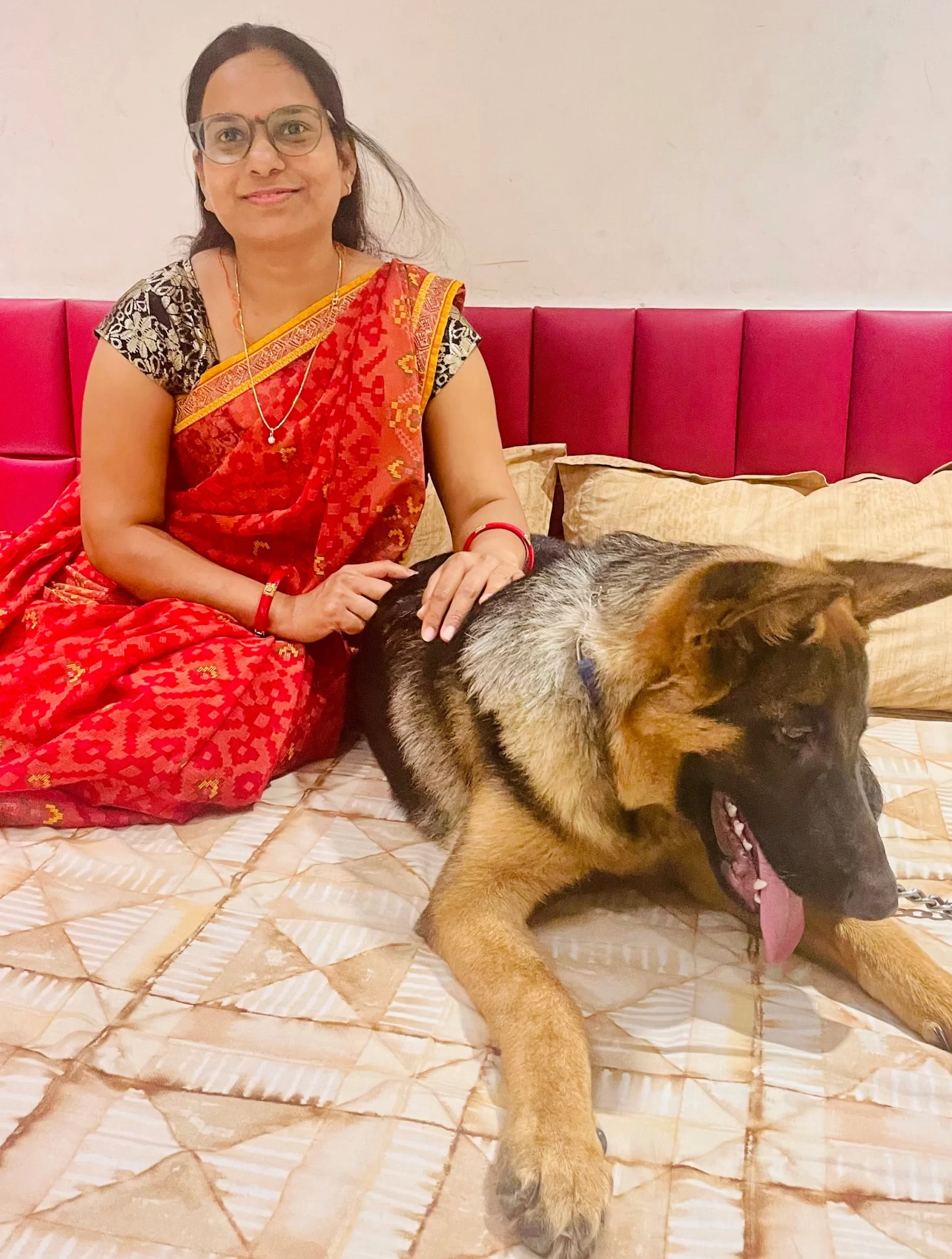As our furry friends age, they experience a range of physical and emotional changes. Senior dogs have a wealth of wisdom and a desire to communicate with their human companions. While they may not be able to speak our language, there are important messages they want to convey. In this article, we will explore 21 essential things your senior dog wants to tell you. From health considerations to emotional needs, understanding these messages will help you provide the best care for your aging canine companion.
1. Understanding Your Senior Dog’s Changing Needs
As your beloved companion enters their golden years, it’s crucial to recognize the changes they are experiencing. Dogs age at a faster rate than humans, and their bodies undergo various transformations. Understanding your senior dog’s changing needs is the first step in providing optimal care and ensuring their well-being.
2. Prioritizing Health and Wellness
Maintaining good health becomes even more important as your dog grows older. Regular visits to the veterinarian, a balanced diet, and appropriate exercise are vital aspects of senior dog care. By prioritizing their health and wellness, you can help them stay happy and active for as long as possible.
3. Tailoring Nutrition to Support Aging Dogs
Senior dogs have different dietary requirements compared to their younger counterparts. It’s crucial to provide them with a nutritionally balanced diet that meets their specific needs. High-quality dog food formulated for senior dogs can help address age-related issues such as joint health, digestion, and weight management.
4. The Importance of Regular Veterinary Check-ups
Routine check-ups play a significant role in monitoring your senior dog’s overall health. Regular examinations, blood work, and screenings can help detect potential health concerns early on. Your veterinarian can also provide guidance on vaccinations, dental care, and any necessary medications.
5. Nurturing Mobility and Exercise
Maintaining mobility is vital for senior dogs. Regular exercise tailored to their physical abilities can help keep their joints supple and muscles strong. Low-impact activities such as leisurely walks or swimming are excellent options to ensure they remain active without causing strain.
6. Providing Mental Stimulation
Just like humans, senior dogs benefit from mental stimulation to keep their minds sharp. Engage your dog in interactive play, puzzle toys, or training sessions to provide mental enrichment. This can help prevent cognitive decline and keep their spirits high.
7. Maintaining a Comfortable Living Environment
Creating a comfortable living environment is essential for your senior dog’s well-being. Ensure their bedding is supportive and easily accessible, especially if they have mobility issues. Consider providing ramps or stairs to help them navigate elevated surfaces.
8. Recognizing the Signs of Pain and Discomfort
Senior dogs are more susceptible to pain and discomfort due to conditions like arthritis or dental problems. Pay close attention to any changes in their behavior, such as decreased appetite, lethargy, or increased irritability. Consult your veterinarian if you suspect your dog is in pain.
9. Adjusting Expectations and Daily Routines
As your dog ages, it’s essential to adjust your expectations and daily routines accordingly. They may not have the same energy levels or physical abilities as before. Be patient and understanding, allowing them extra time and rest breaks during activities.
10. Practicing Patience and Empathy
Senior dogs may require more patience and understanding. Their bodies may not respond as quickly as they once did, and accidents or mistakes can happen. Practice empathy and avoid getting frustrated. Offer reassurance and gentle guidance instead.
11. Embracing Gentle and Slow Interactions
Physical interactions with your senior dog should be gentle and slow. Avoid rough play or sudden movements that could cause them discomfort. Offer soothing massages and opt for calm, quiet environments to create a sense of relaxation.
12. Keeping Up with Dental Care
Oral health is vital at every stage of a dog’s life, including their senior years. Regular brushing and dental check-ups can help prevent dental diseases and discomfort. Incorporate dental care into their routine to keep their teeth and gums healthy.
13. Monitoring Cognitive Function
Some senior dogs may experience cognitive decline, often referred to as canine cognitive dysfunction (CCD). Keep an eye out for signs such as disorientation, changes in sleep patterns, or increased anxiety. Discuss any concerns with your veterinarian, as they may recommend strategies to support cognitive function.
14. Creating a Safe and Secure Space
Providing a safe and secure space for your senior dog is crucial. Remove hazards that could cause trips or falls, such as loose rugs or cluttered areas. Consider using baby gates to restrict access to potentially dangerous areas of your home.
15. Enhancing Sleep and Rest
Senior dogs require more rest and sleep than younger dogs. Ensure they have a quiet and cozy spot where they can retreat for uninterrupted sleep. Provide supportive bedding to alleviate any discomfort they may experience.
16. Offering Love and Companionship
Senior dogs thrive on love and companionship. Spend quality time with them, offering gentle affection and reassurance. Your presence and attention can greatly contribute to their overall well-being and happiness.
17. Managing Stress and Anxiety
Some senior dogs may experience heightened anxiety or stress. Changes in routine, unfamiliar environments, or loud noises can trigger anxiety. Create a calm and predictable routine, use comforting techniques, and consider natural remedies or professional guidance to manage their stress.
18. Recognizing and Addressing Age-Related Conditions
Age can bring about various health conditions in senior dogs. Keep a watchful eye for signs of common ailments such as arthritis, vision or hearing loss, or urinary incontinence. Promptly address any concerns with your veterinarian to ensure your dog receives appropriate care.
19. Celebrating the Golden Years
While senior dogs may have additional needs, it’s essential to celebrate their golden years. Embrace the joy and companionship they bring, and cherish the unique bond you share. By providing them with love, care, and attention, you can make their senior years truly special.
20. Fostering Emotional Well-being
Senior dogs have emotional needs just like humans. They benefit from a stable and loving environment that nurtures their emotional well-being. Be attentive to their moods and offer reassurance during times of anxiety or uncertainty.
21. Cherishing the Time Together
Lastly, cherish the time you have with your senior dog. Their years may pass quicker than you realize, and every moment together is precious. Make lasting memories, capture their essence through photographs, and ensure their final years are filled with loveand happiness.
Conclusion
As your loyal and wise senior dog ages, they have important messages to share with you. By understanding their changing needs, prioritizing their health, providing tailored nutrition, and creating a safe and comfortable environment, you can ensure they have a happy and fulfilling life. Remember to be patient, empathetic, and loving, cherishing the time you have together. The bond between you and your senior dog is truly special and deserves to be celebrated.









